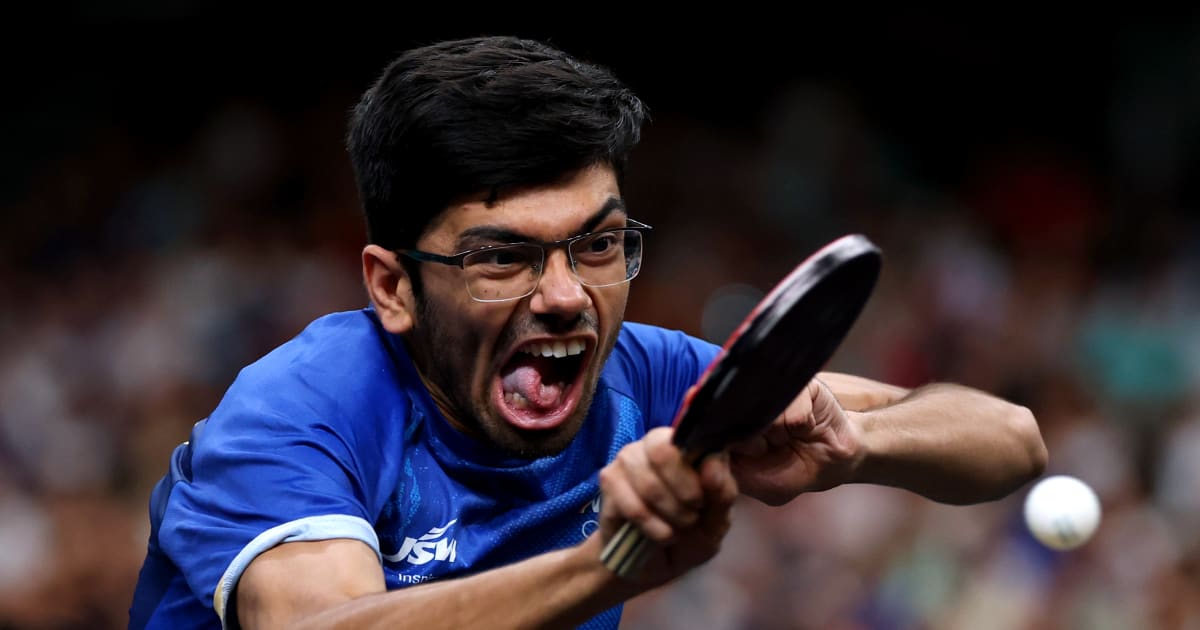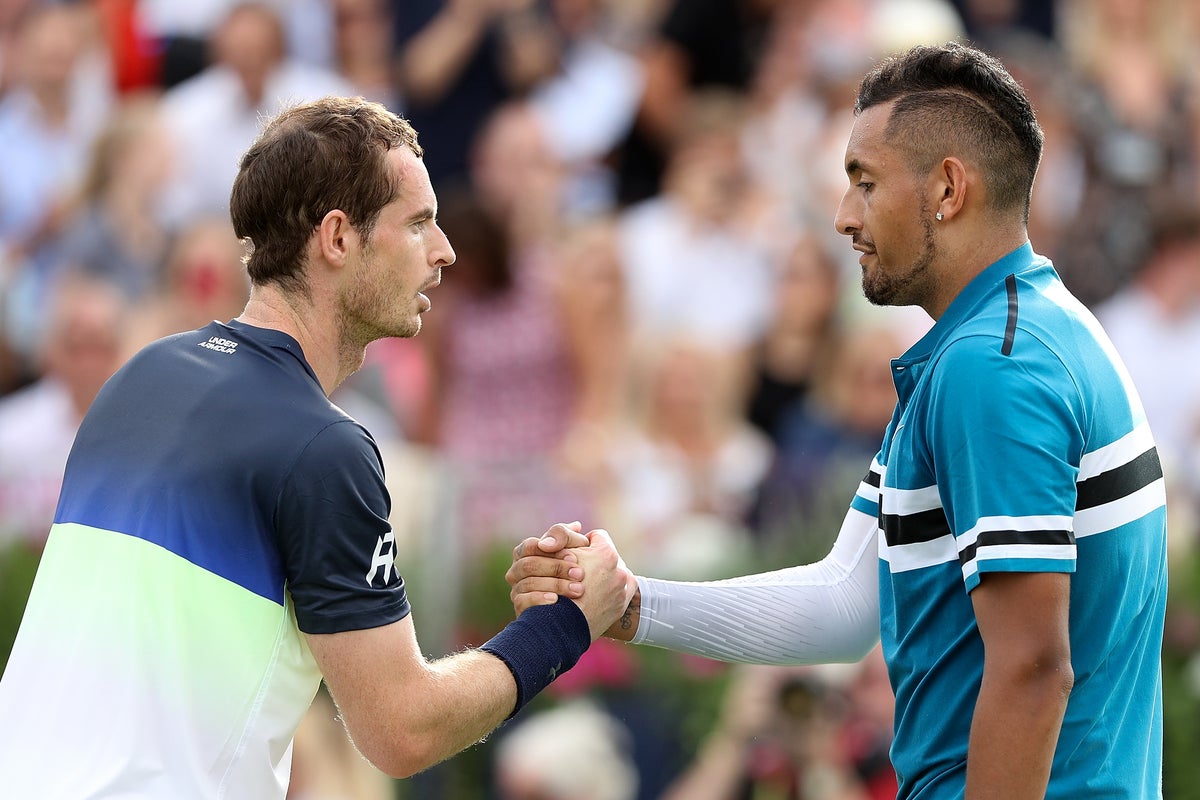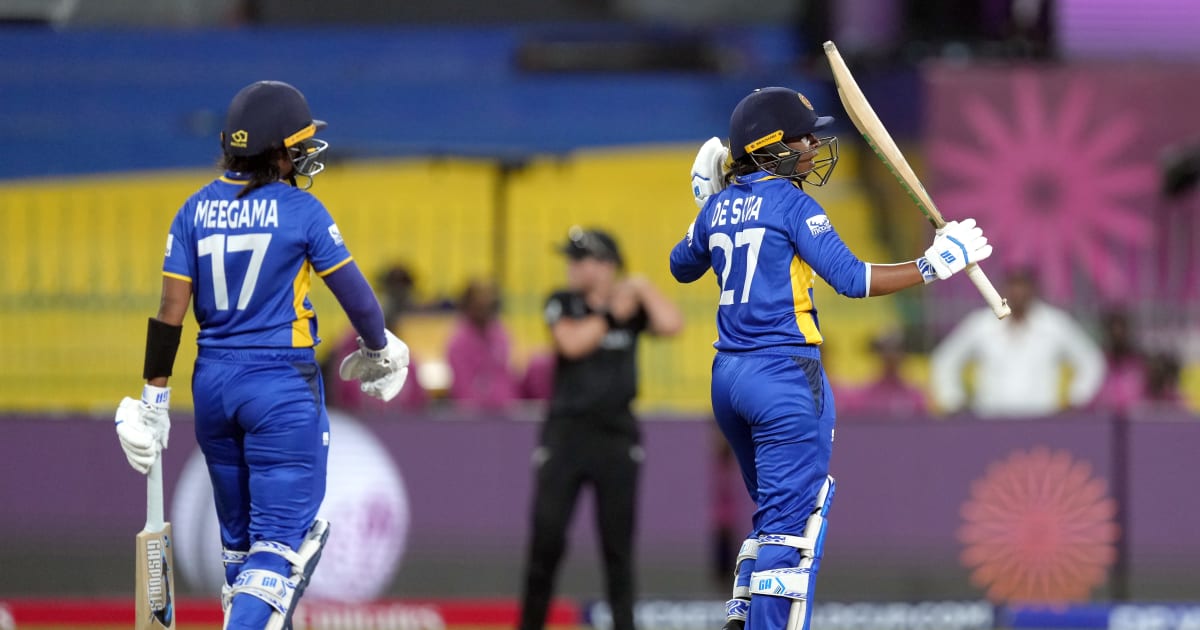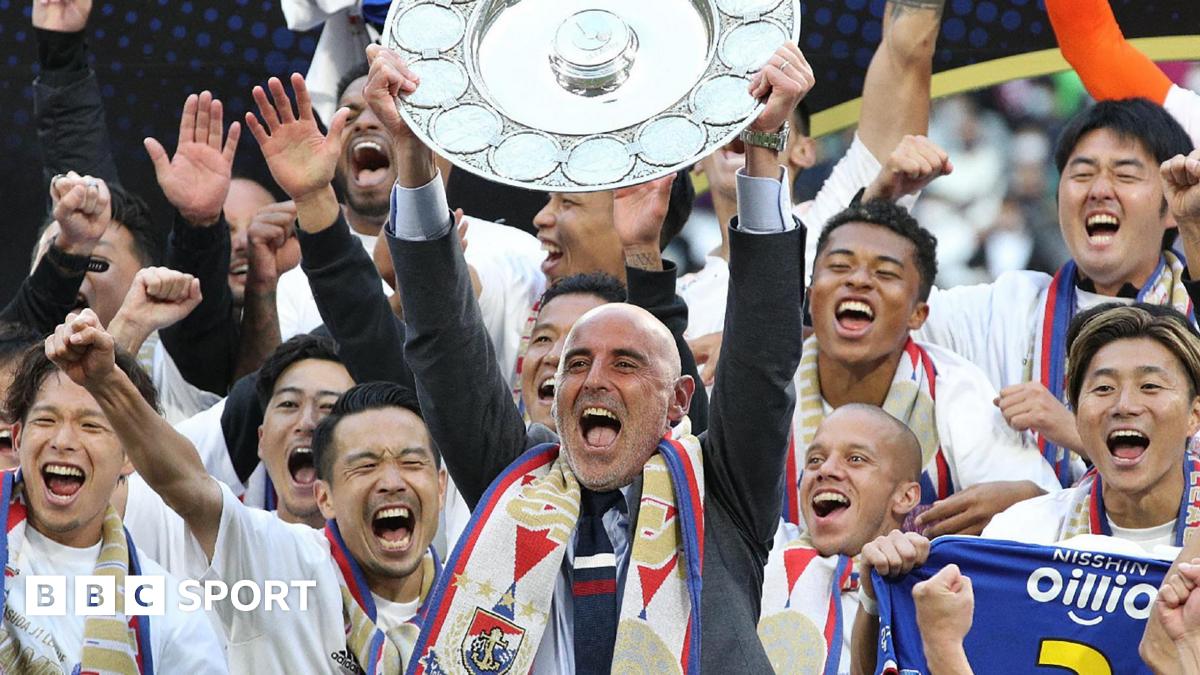'Architect' of champions: Frederic Fontang’s blueprint for success
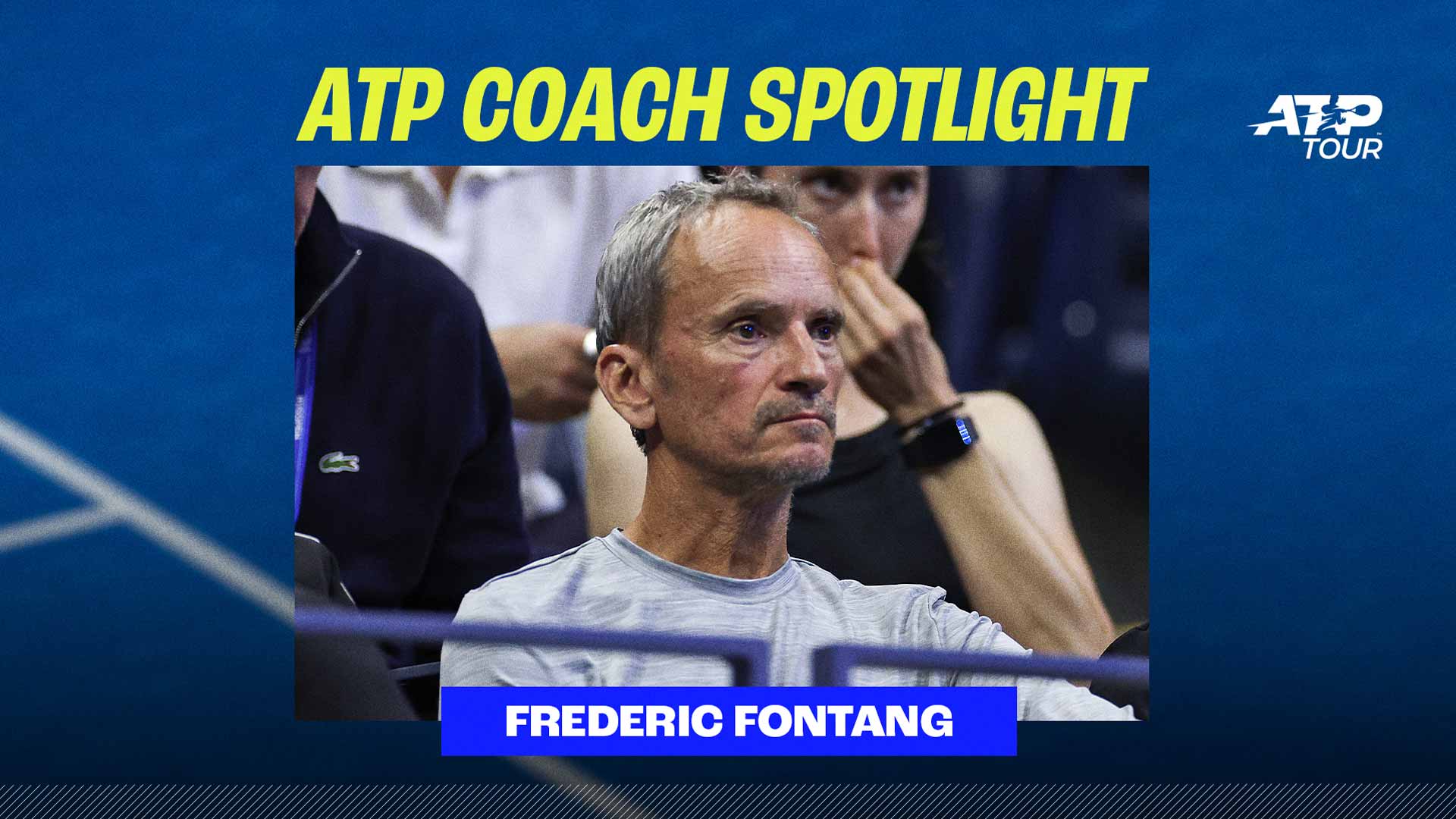
Frenchman is subject of October's ATP Coach SpotlightATP Tour/Getty ImagesFrederic Fontang has been coaching Felix Auger-Aliassime since 2017. By ATP StaffAn architect moves with careful intention, considering every detail and decision of the building process. From the blueprint planning to the structural composition and beyond, every measurement is considered and refined. Gradually, the architect’s vision takes shape, layer by layer.That same philosophy is what guides Frederic Fontang’s approach to coaching tennis. From nurturing young talents like Jeremy Chardy and Caroline Garcia to guiding Vasek Pospisil and Felix Auger-Aliassime to new heights, Fontang’s craft lies in building players, one adjustment at a time.“The coach is an architect, a guardian of the process,” Fontang told ATPTour.com. “We are in the business of competition, of results. The players want to win. They want to win every match. The coach and his team — we need to be really focused on the process, what we have to apply day by day.“The vision, the action on the court, technically, tactically, physically, mentally — also managing the schedule of tournaments, rest, the practice.”Fontang, a former No. 59 player in the PIF ATP Rankings, retired from pro tennis in 1999 and then opened an academy in Pau. He first began working with a 12-year-old Chardy, a Pau native whom Fontang would guide for 11 years. “We did the whole process from 12 years old to Top 30,” Fontang said. “That was my first stint as a coach.”Fontang’s track record speaks volumes. After coaching Chardy, Fontang spent two years with another French player, Garcia, who was transitioning from juniors to the Hologic WTA Tour. In 2012, Tennis Canada’s Louis Borfiga invited Fontang to coach Vasek Pospisil, who then was World No. 140. During a successful four years, Fontang helped Pospisil reach a singles career-high No. 25 and doubles No. 4.Fontang is currently coaching Felix Auger-Aliassime, a partnership that dates back to when the Canadian was 16 years old. Fontang spent the first two years of that journey as co-coach, alongside Guillaume Marx.At the heart of Fontang’s approach is a holistic philosophy.“I believe you need to be a good generalist in a lot of fields, and you can choose the expert you need in those specific fields,” said Fontang. “I like the approach to educate your player and that means you have to educate yourself all the time to improve every day and to be a good generalist as a coach.“For example, in fitness — at this level everybody has their own fitness coach — but you need to have a notion of fitness, of mental, of nutrition. Nowadays the role of the coach is also a manager because there's a lot of people around the player. So you need to manage and to explain your vision well: Your vision as a coach for your player, that's really important too.”Fontang has earned his reputation as a highly regarded coach, yet he remains a lifelong student of tennis and of life. A father of two, he embraces constant growth and a curiosity that extends beyond the court.“It's a permanent process [of learning],” Fontang said. “To listen to some podcasts in different aspects; politics, geopolitics, finance, and directly from the sport from the physical aspect, mental aspect, nutrition. In all those fields you need to educate yourself because life is a non-stop improvement.”Born in Casablanca, Morocco, Fontang is an avid reader who finds inspiration from legendary coaches across sports, including Phil Jackson, the NBA’s record 11-time champion.“I like to read books because they give me inspiration. You can transfer a lot of things from other fields to my main field, which is coaching Felix,” said Fontang.“I learned more from coaches from other sports because they are more like in the spotlight, and tennis was always less. In my time, we didn't have much access to tennis coaches' interviews, because it's an individual sport and the players are in the front and the tennis coach is not in the front stage."

